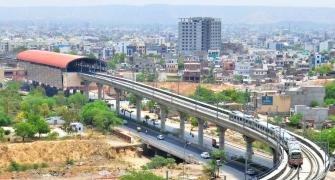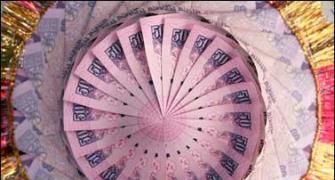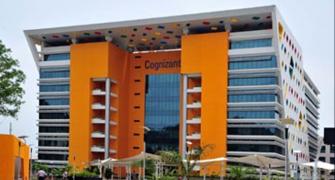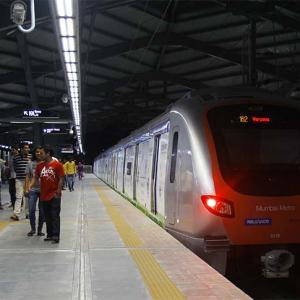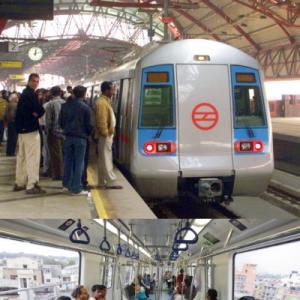Metro projects usually require additional funding by promoters, which RInfra refuses to in this case.

Photograph, Courtesy, Reliance Metro
With the Anil Ambani group firm, Reliance Infrastructure seeking a Rs 1,000 crore (rs 10 billion) government bailout for operating Mumbai Metro services to recover its costs, the experience of private sector companies in providing Metro services is fast turning out to be a nightmare and brings to the sharp focus the differences between the government and private sector players over capital costs and cost overrun.
This is the second time Reliance Infrastructure is taking on the government over a metro project. Earlier, Reliance Infrastructure had withdrawn from Delhi Airport Express metro line citing financial unviability.
The other private player is also facing the heat in setting up a metro. Construction and engineering giant, L&T - which is constructing Hyderabad metro project - is facing huge cost overrun over land acquisition.
The work of metro project in Hyderabad has halted in 35 places due to court cases filed by land owners who are opposing the project. Though the construction is on in rest of the project, the entire project will be delayed till these land owners give up their properties.
No wonder, most of the metro projects under construction are now being set up by the Indian government along with state governments. An analysis of Delhi Metro’s financial metrics shows that metro companies require additional funding from its promoters from time to time.

The finances of Delhi Metro Rail Corporation (DMRC), one of the best running metro system in the country, suggests that Anil Ambani’s venture would require additional funding. A metro rail can never be financially viable in the traditional sense as revenues from ticket sales would never cover the capital cost— interest, depreciation and shareholders’ profit.
In FY14, the latest year for which DMRC finances are available, the company produced a meagre Rs 9 in revenue for every Rs 100 worth of investment in fixed assets.
Specifically, the utility generated revenues of Rs 2,952 crore on a gross block of Rs 34,385 crore in FY14. A commercial enterprise funded with a debt to equity ratio of 70:30 — as most infrastruture companies do — won’t be able to service such a balance sheet.
Given the current interest rate of 10 per cent, a similar depreciation charge and 15 per cent expected return on equity, the capital cost for DMRC works out to be around Rs 7,500 crore per annum. Throw-in the running and maintenance costs, the DMRC system would need at least Rs 10,000 crore worth of revenues to be financially viable in the conventional sense.
DMRC operating expenses were Rs 2,136 crore or 72 per cent of its revenues from operations.The above calculation doesn’t show in DMRC numbers because it has been liberally capitalised by the government. At the end of finacial year 14, DMRC paid-capital (or seed capital) was Rs 14,187 crore twice that of NTPC and three-times that of Power Grid Corp, two of the most capital intensive government owned companies.
Besides, government tops-up DMRC equity base every year with Rs 2,100 crore pumped as equity in fiscal 2014 itself. The debt part of the DMRC has been taken care of by concessional loan from Japan’s Overseas Development Agency (ODA) at the rate of 2 per cent with 10 year moratorium on interest and principal repayment. A private sector enterprise will never get this comfort.
There is limit to how much additional revenue an operator can raise by hiking ticket prices. After a point, ridership will fall and so would be the revenues. High ticket prices also go against the very logic of building a mass-rapid transit system which is to encourage its mass adoption and cut congestion on road and the pollution, energy usage and delays associated with it.


